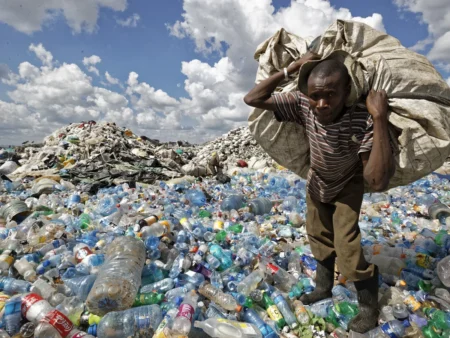The World Bank, in 2020, announced that the Nigerian economic may see a dip into recession, the worst the African country has seen in 40 years. This was largely due to the effects of the fall in the global price of oil, a commodity the nation's economy is heavily reliant on, and the outbreak of the COVID-19
[elementor-template id="94265"]










